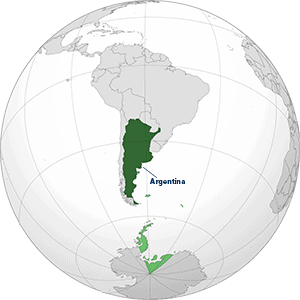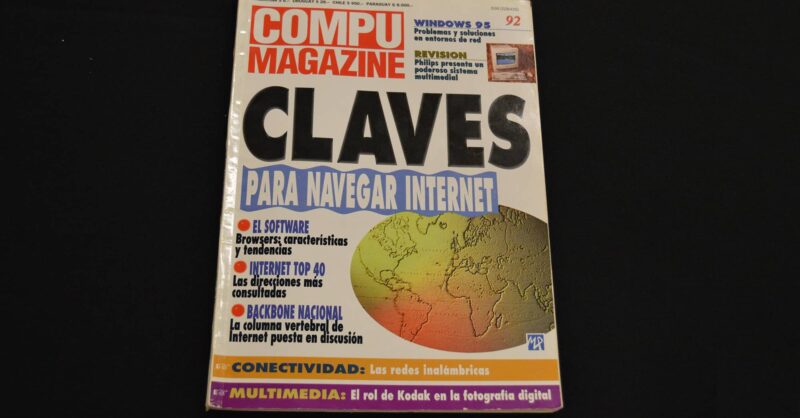 When Weiba Foundation received their Internews grant, the organisation was only six months old. However, the team were already very clear about their mission: to support ordinary citizens to understand, claim and protect their digital rights.
When Weiba Foundation received their Internews grant, the organisation was only six months old. However, the team were already very clear about their mission: to support ordinary citizens to understand, claim and protect their digital rights.
Analía Aspis, Project Manager,had worked in the internet governance sector for five years, and had seen a divide between the theory of digital rights, and the practical implementation.
“We are lawyers, and we know that when we talk about digital rights, we are sometimes not speaking a language people can understand,” says Analía. “We wanted to bring different sectors together, and translate things for both sides.”
Using their Internews grant, Weiba focused on intellectual property. Argentina has adequate legislation around this, but the majority of artists are unaware of their rights. There is very little information available to them on what they can do to protect their work, and no training or support.
Over eight months, Analía and her team organised a series of workshops and curated an exhibition of artwork responding to the theme of digital rights.
The workshops covered topics such as data protection, privacy, protection for vulnerable people in online spaces, internet governance and intellectual property.
Each workshop lasted up to two hours, and attendance ranged from 25-35 people – more than double what the team had anticipated.
The artists were then invited to produce work in response to the issues discussed in the workshops, with the aim of communicating ideas around digital rights to the general public.
The resulting work was exhibited in a gallery in central Buenos Aires, and although the exhibition only ran for one day (the most the team could afford), and that day happened to see the heaviest rain in Buenos Aires for a decade, well over a hundred people visited.
The exhibition was divided into three areas: Privacy; Politics and Tech; and Censorship. These were the issues most artists had addressed, although a wide range of work was submitted.
The team was on hand during the exhibition to speak with the public about the topics covered. As the team had expected, members of the public had very little understanding of their digital rights, and the extent to which these are routinely compromised.
As a result, many visitors and artists asked how they could become more involved with Weiba Foundation’s work, and wanted to learn more. Artists, in particular, asked for more straightforward, practical guidance on how they can protect their work: Analía and her team have linked with some academics who are experts in the field of artistic intellectual property, to provide this.
Analía and her team are applying for additional funding to continue their work, looking for creative ways to engage people with digital rights. Analía reflects,
“It was great for us to work with artists. They’re so curious about things they don’t understand, and they think in different ways.
When we’re trying to translate legal principles for ordinary people, we get tangled up in words. But they managed to express complicated concepts without using any words at all – and people understood perfectly.”
More Case Studies:
Togo | Bolivia | The Gambia | Argentina | India | Kyrgyz Republic | Ukraine | Cameroon | Mexico | Grassroots Initiatives Home Page
